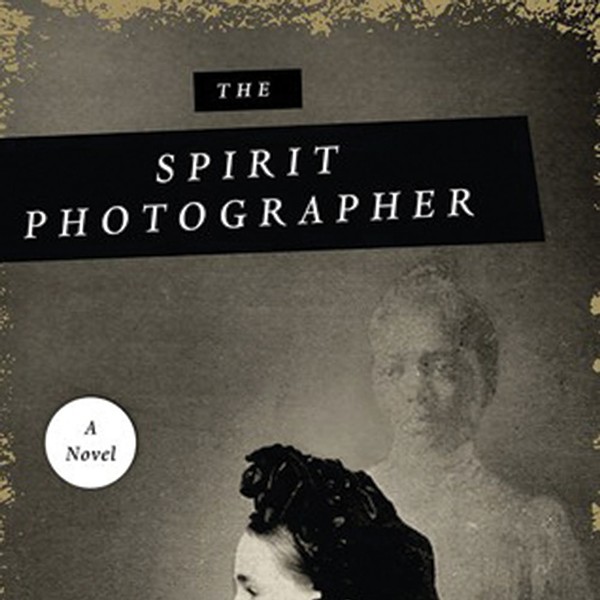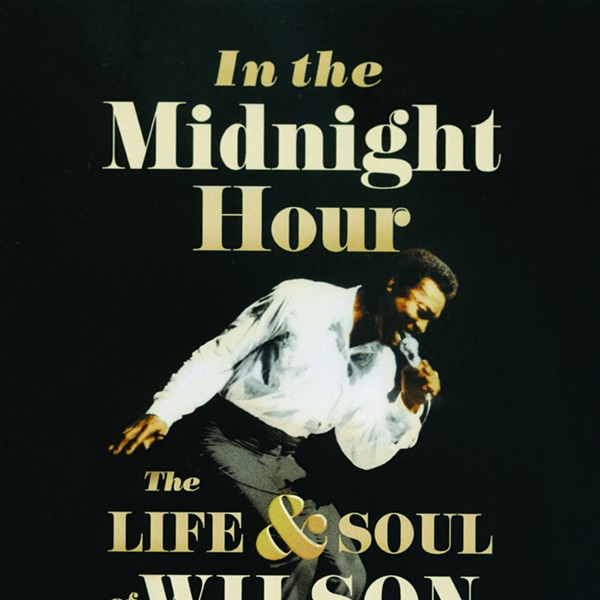The Hudson River Valley shines crisply on a late October day as Michael Korda arrives at Mount Carmel Square in Poughkeepsie to discuss his new biography, Hero: The Life and Legend of Lawrence of Arabia (HarperCollins, 2010). As he crosses this place, named for a biblical triumph over false prophets that occurred not far from the scene of his subject’s revelatory desert odyssey, Korda appears animated and eager to offer his own truths—and above all, those of T. E. Lawrence.
Inside Café Bocca, the distinguished publisher, memoirist, biographer, historian, and Dutchess County resident contents himself with a light panino and a glass of water. He vaults straightaway into the labyrinth of his adventurer-soldier-scholar-writer-hero’s life, unspooling his own golden thread in a cultivated British accent. His manner is commanding yet congenial, signifying both mastery and a passion to communicate the alien yet vital experience of the adventurous life.
“Lawrence was a hero in the original classical sense,” Korda affirms, “without necessarily any respect or concern for society. Like Achilles, he went to war because he wanted to project himself as a model of excellence. He could easily have accepted a relatively restrained role in the Arab Revolt, but the ambition to be a warrior took over. Lawrence was never able to do anything by halves; he had an innate ambition to succeed, and never doubted that he could find in himself the ability to take on the most extraordinary challenges, and live up to his own conception of what a heroic figure was.”
Korda feels that this venerable ideal of heroism has been “in a sense cheapened” by the contemporary extension of it to anyone who puts on a uniform or is, quite unwillingly, the victim of a terrorist attack. “It has acquired a passive rather than an active quality,” he laments. “Lawrence was not a bumbler in need of transformation, as he has been depicted, but a latent talent waiting to be actualized. He trained for the role from an early age, intellectually and physically, and the outbreak of World War I gave him his opportunity. Yet he was aided by his extraordinary immunity to fear—courage came quite naturally to him. He was one of those people for whom excitement acts like a drug—an adrenaline rush—and as a result could produce a commanding presence before his men under conditions of extreme danger. Lawrence was a man of singular social ability, possessed of an enormous combination of vanity and sense of self-worth.”
Hero begins in medias res, with 28-year-old Lt. Lawrence journeying to Arabia in October 1916 as a British army liaison to the revolt raised by the Hashemite ruler Sharif Hussein of Mecca and his sons against the Ottoman Turk overlords of the region, who were allied with Germany. After skillfully delineating the military facts of his rapid rise to daring and innovative guerilla leader of camel-riding Bedouin fighters, culminating in the stunning desert trek to capture the port of Aqaba in July 1917, there is a time shift to Lawrence’s earlier life in England and the Near East. Throughout the book, Korda adheres to this method of portraying the public hero before delving into the inner psychodrama that drove the man. Yet he confesses that this exploration is never easy—or, for such a mythic figure, even definitively conclusive.
“The chief difficulty of writing about Lawrence is sifting fact from both others’ inventions about him and his own annoying habit of embellishing the truth,” the author explains. “There is a basic ambivalence about the man—in his attitudes toward his own fame, toward his masterpiece Seven Pillars of Wisdom, towards his family, toward war itself. His was not in any way an antiwar spirit—he never became a pacifist—yet he was unsparing in describing how horrible war is.”
In this regard, Korda’s long career as an editor and publisher at Simon & Schuster, and the lifelong fascination with military matters that has recently yielded biographies of Grant and Eisenhower, unite like the lenses of a telescope to bring into focus Lawrence’s genius as a writer on war in the following passage from Hero:
There are, however, deeper and more personal reasons that have caused Michael Korda to set his sights on this extraordinary man and his memorable work—indeed, the culmination of 80 years of family history. Born in England into the Hungarian émigré Korda family, a major force in the British film industry from the 1920s to the 1960s, the author was exposed to Lawrentian lore from childhood. His uncle, the producer Sir Alex Korda, acquired the film rights to Lawrence’s book, even lunching with the adventurer, and his uncle Zoltan was set to direct a production for which his father Vincent designed the sets. Pre-World War II political worries about a possible backlash from Turkey and postwar concerns arising from the Arab-Israeli conflict delayed the project until the rights—and much of the Kordas’ preliminary work—were sold to producer Sam Spiegel, who ultimately brought to fruition the 1962 David Lean film starring Peter O’Toole.
“It would have been interesting, certainly,” Korda muses. “They had Leslie Howard set to play Lawrence, who was more like him in manners and appearance. Lawrence’s own fear was that they would intrude a love interest, and he received assurances about that from my uncle Alex, as well as a promise the film would not be made in his lifetime without his consent. It was my uncle who gave me Seven Pillars of Wisdom when I was 15, and from the first I was taken by the battle scenes. I heard a lot about him in my family circle; Lawrence seemed to prove that someone born with great disadvantages—illegitimate, socially negligible, short—can nevertheless go on to become a great hero.”
Although Korda emphatically insists that his recent succession of military-themed books was not a personal response to 9/11, he certainly believes that current events have made the adventurer once again the man of the hour, and the issue is repeatedly addressed in Hero.
“Much of what we do today in the Muslim world is characterized by a failure to read Lawrence carefully and learn from his experience,” he affirms with a hint of sadness. “Take the drone attacks in Pakistan. Lawrence was very strongly against the use of bombing to subdue native populations, for military and humanitarian reasons, and emphasized their futility against Arab or Afghan villages. He imagined drones as far back as the 1930s, but understood that causing civilian casualties—particularly women and children—imposes an obligation of revenge upon tribal peoples, and can only lead to an endless cycle of revenge-seeking. He felt that such a conduct of a war was an ignoble way of dealing with people with whom you disagreed about their own land.”
And what would Lawrence of Arabia do in Afghanistan?
“Find the person in charge, approach him on foot and unarmed as a guest, start a dialogue,” Korda booms. “When he got wind of the fact that the great desert warrior Auda Abu Tayi was considering defecting to the Turks, he flew up to Auda’s camp and walked in barefoot to confront him. And be prepared to outbid the enemy. Lawrence was the man with the gold, and would allow a man to take a handful of it out of his bags, rather than haggling over a price. He would have understood that these bags of money Mr. Karzai is receiving from the Iranians are not bribes, but tribute, and a condition of dealing with people whose lives are haunted by starvation and drought.”
In his 1974 masterpiece The Adventurer, a study of the hero-adventurer archetype in history and literature that featured Lawrence, the critic Paul Zweig called such figures “a source of values, expressing the essentially human adventure of man engaged in the economy of struggle which is the world.” Zweig deplored the adventurer’s fall into obscurity in a society focused on business success and domesticity, and convinced that technology has made life permanently safe and comfortable, issuing a prophetic warning: “The modern world’s dismissal of adventure as an entertaining but minor experience is unprecedented. Few cultures have been so willing to tempt the gods.”
After the apocalyptic terror attacks, interminable wars, natural and manmade disasters, and financial collapses of the last decade, it would seem that Zweig has been vindicated. And Lawrence as well.
“People have been spared involvement with war for a long time,” Korda concludes quietly. “We have delegated heroism to a group of people who will do it for us. Lawrence knew the world was dangerous; his experience taught him, if nothing else, the tenuous quality of life.”
Michael Korda will appear 12/3 at 5pm at Vassar College Bookstore, Poughkeepsie; 12/4 at 5pm at Merritt Books, Millbrook; 12/7 at 5pm at Marist College, Poughkeepsie, and 12/11 at 7:30pm at Oblong Books & Music, Rhinebeck.


















